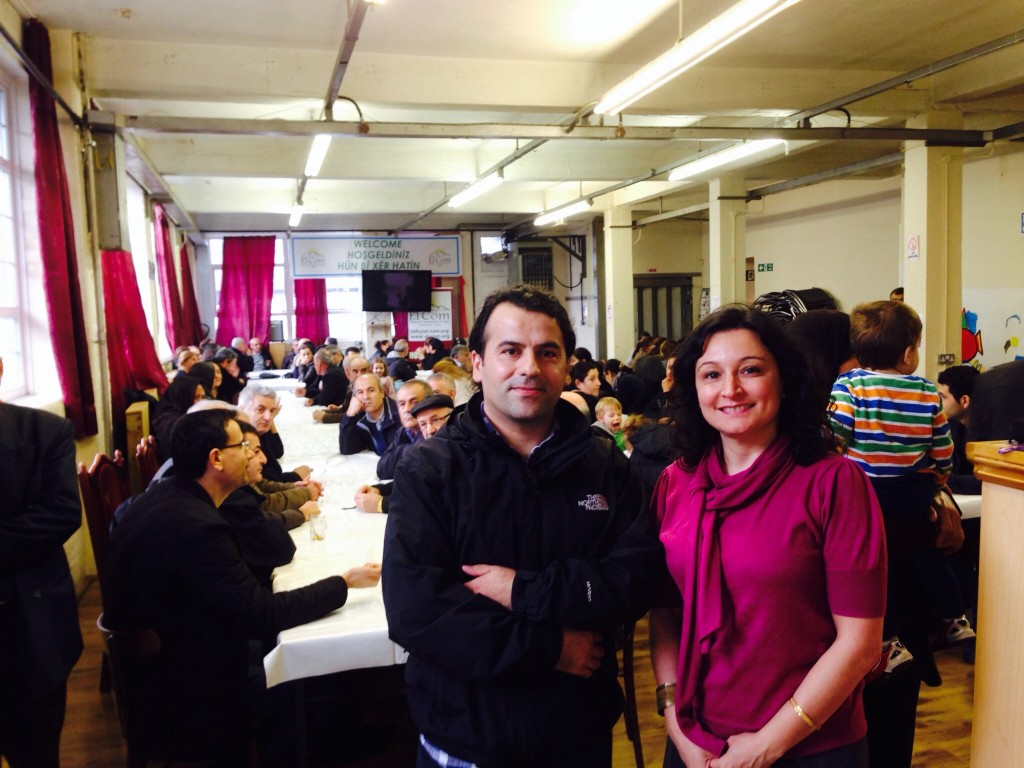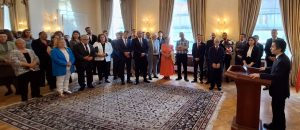Panel discusses spate of Turkish suicides
Rallying call for Turkish-speaking communities to unite with other migrant groups in the UK to lobby for help
A SEMINAR to discuss rising suicide rates among young males in Britain’s Turkish-speaking communities was held in London this week.
Organised by the Haringey-based Elbistan Community Centre (El-Com), the panel was attended by sociologists İpek Demir, from Leicester University, and Ümit Çetin, from the University of Westminster. The panel debated “Identity, culture shock and their reflections on Kurdish Alevi youths”.
Mr Çetin, who spoke first in the talk that was chaired by El-Com director Aydın Doğan, began by relaying data on the number of suicidal youths from Turkey living in London. He noted that those who committed suicide were entirely male and that the triggers were such issues as a clash of generations, the absence of a cultural identity and the difficulties with adapting to a different culture.
He said there was an ideological lifestyle driven by the media based on wealth and becoming rich and that this was effective in Turkish-speaking communities as much as in others. He said that any young people would turn to gangs and criminal groups in an attempt to get rich quick.
Mr Çetin said he had spoken to many families who had lost a son to suicide and that all had exhibited a lack of communication, and that this also applied in their school lives.
SOURCE EQUALITY NEEDED
Dr İpek Demir, for her part, said that not all the problems were down to being an immigrant. She said there were structural and settlement issues in Britain, and that many children from Turkish-speaking families suffered from a class and ethnic inequality that she believes is inherent in the British education system.
She said: “The result of education becoming based on competition and the market is that the ‘loser’ is the immigrant, who does not know how to adapt his or her child to the school system. They do not know a parent’s role in education at a British school, nor do they understand the system of governors.
“We have an expectation that social inequality will reduce trough education but the figures tell a different story. Even though good schools open their doors to a few bright students from the lower class, most poor and immigrant children are required to go to substandard schools.
“The figures also show that the number of children who move on from these schools to university is low, particularly among boys. Education does not bring social justice; in fact, it brings about a social injustice.”
WORK WITH OTHER COMMUNITIES
She said part of the solution lay in the Turkish-speaking communities aligning themselves with migrants from other communities.
Dr Demir said: “Perhaps there is much in common between a Kosovar or black migrant, their expectations from life, their problems and in particular their worries abou their children and the future.”
Joint pressure from these communities on British institutions would allow them to be noticed more often, she said in conclusion.









